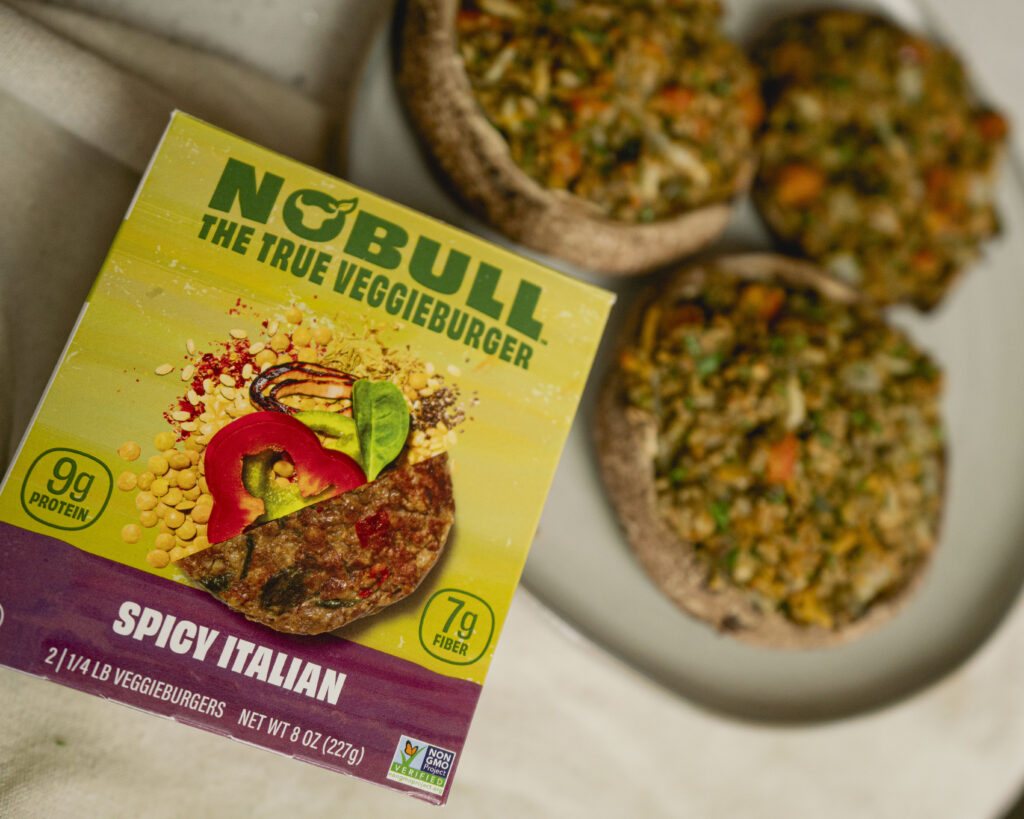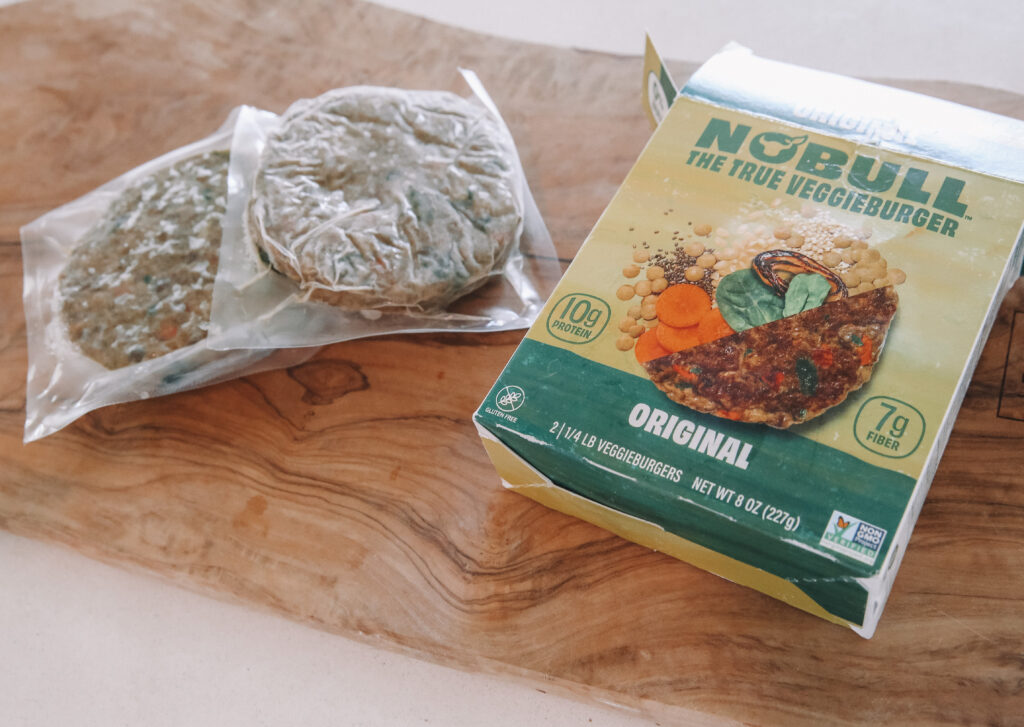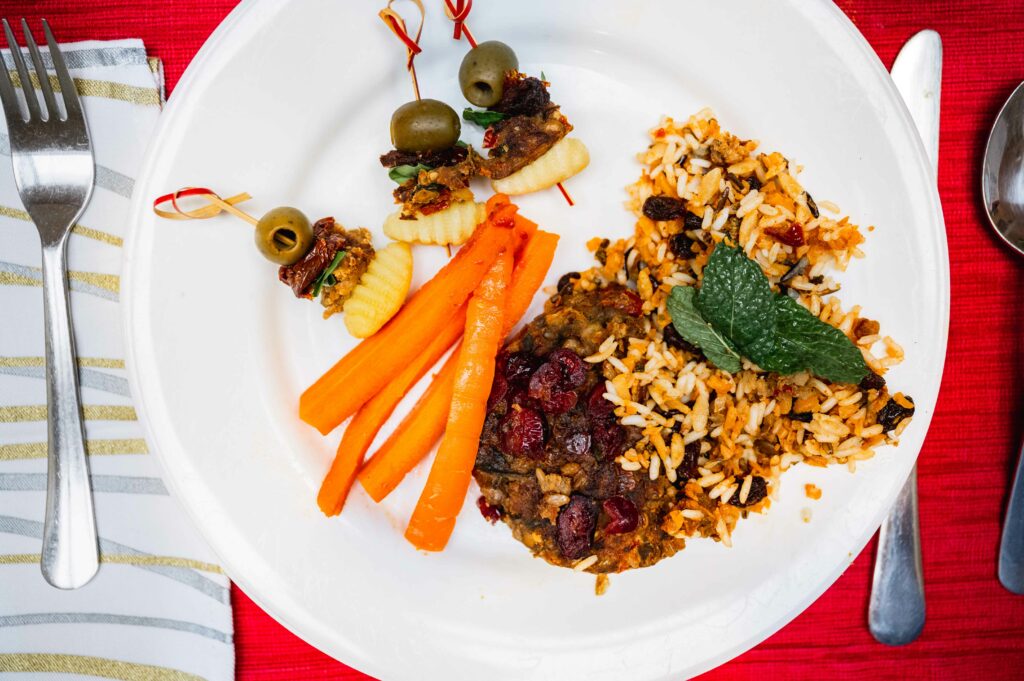“Each of the substances of a man’s diet acts upon his body and changes it in some way and upon these changes his whole life depends.”
Hippocrates, born in 460 BC, said this. The link between food and mental health is well known. Today, depression is the number one debilitating illness – above heart disease and cancer. New research is showing that mental disorders are metabolic disorders in the brain, and that what we eat significantly impacts mental health (Alzheimer’s is being called type 3 diabetes)!
How does food impact mental health?
The human brain is responsible for mood, cognition, and more. Just like a fancy car, it needs premium fuel to function.
Think of processed foods as low-quality fuel and your metabolism as the engine that converts that fuel into energy (via mitochondria). If you put low quality fuel in your engine, it won’t work. In the same way, your body doesn’t process refined and chemical-laden foods well, so they build up and cause cell damage. Over time, mental and cognitive problems develop because the gut and brain are connected via the nervous system and neurotransmitters.
Neurotransmitters are produced in the gut and regulate everything from sleep to appetite, to moods, and even pain. Ensuring proper gut health involves ensuring the gut microbiome is in balance. When there are not enough good bacteria, nutrients don’t absorb well, digestion and mental processing suffers, and inflammation occurs – all of which lead to health problems. Good bacteria protect from inflammation and are found in whole foods with microbiotics, vitamins, and more.
How to use food for optimal mental health
Here are six eating habits you can follow to improve mental health:
- Follow the 80/20 rule. 80% of your diet should be fibrous vegetables, fruit, nuts and seeds, protein, and whole grains. The other 20% is flexible so you can still enjoy your favorite foods!
- Eat the rainbow. The more variety of colors in the plant foods you eat, the better! This refers to non-starchy veggies that take up ¾ of your plate and is proven to lower your risk of heart disease, stroke, and certain cancers.
- Eat more greens. Eat 4-6 cups of leafy green veggies per day. You can add them to smoothies, and salads, cook them or just grab a handful at each meal! Leafy greens are proven to decrease levels of depression and boost brain function.
- Feel what you eat. Be mindful of what you eat and how it makes you feel. Our bodies send us messages, and if we don’t think about what we’re eating, we don’t recognize that certain foods might be bringing us down. One way to do this is to cut out something for a week and see how you feel after, like dairy, gluten, or red meat. You might find that your moods improve or you don’t get sleepy in the afternoon!
- Strive for balance and be consistent. The 80/20 rule can help you stay consistent. It’s not extreme dieting, and you don’t have to give up all the foods you love! You can work these habits into your lifestyle over time. If you have an off day, no problem – you can do better the next day.
- Keep track of anxiety-inducing foods. Keep a journal and track which foods cause anxiety. These are inflammatory foods like refined sugar and grains, processed foods, industrial oils and more.
The top nutrients for mental health
So, what can you be sure to include in your diet specifically linked to better mental health? Glad you asked! Here are the top 7 nutrients proven to improve brain function and mental health:
- Omega-3 fatty acids, found in oily fish like salmon and sardines, nuts, seeds, and oysters.
- B vitamins including folate, found in leafy greens, legumes, whole grains, nuts, and unprocessed meat, eggs, and cheese.
- Amino acids, found in protein-rich foods.
- Minerals (such as magnesium, iron, and zinc), found in a variety of foods including nuts and seeds, meats, veggies, grains and more.
- Vitamin D, found in sunlight, oily fish, and fortified plant milk.
- Antioxidants from plants like berries, mango, kale, onions, garlic, tea, and coffee.
- Microbiotics are found in fermented foods like sauerkraut, kefir, and yogurt, as well as the skin of fruits.
NoBull Burgers are an easy way to eat the rainbow
NoBull Burgers are veggieburgers without additives like gluten or isolates, so they’re 100% real plant food that makes it easy to eat great-tasting food that boosts your mental health! With organic ingredients like green lentils, brown rice, carrots, onions, spinach, non-GMO wheat-Free tamari, quinoa, chickpea, and chia seeds, you get a ton of the vitamins, probiotics, and minerals you need in one simple product!
You can eat NoBull Burgers like a burger, or add them as ingredients in other dishes for variety. Try one of our many varieties today!






